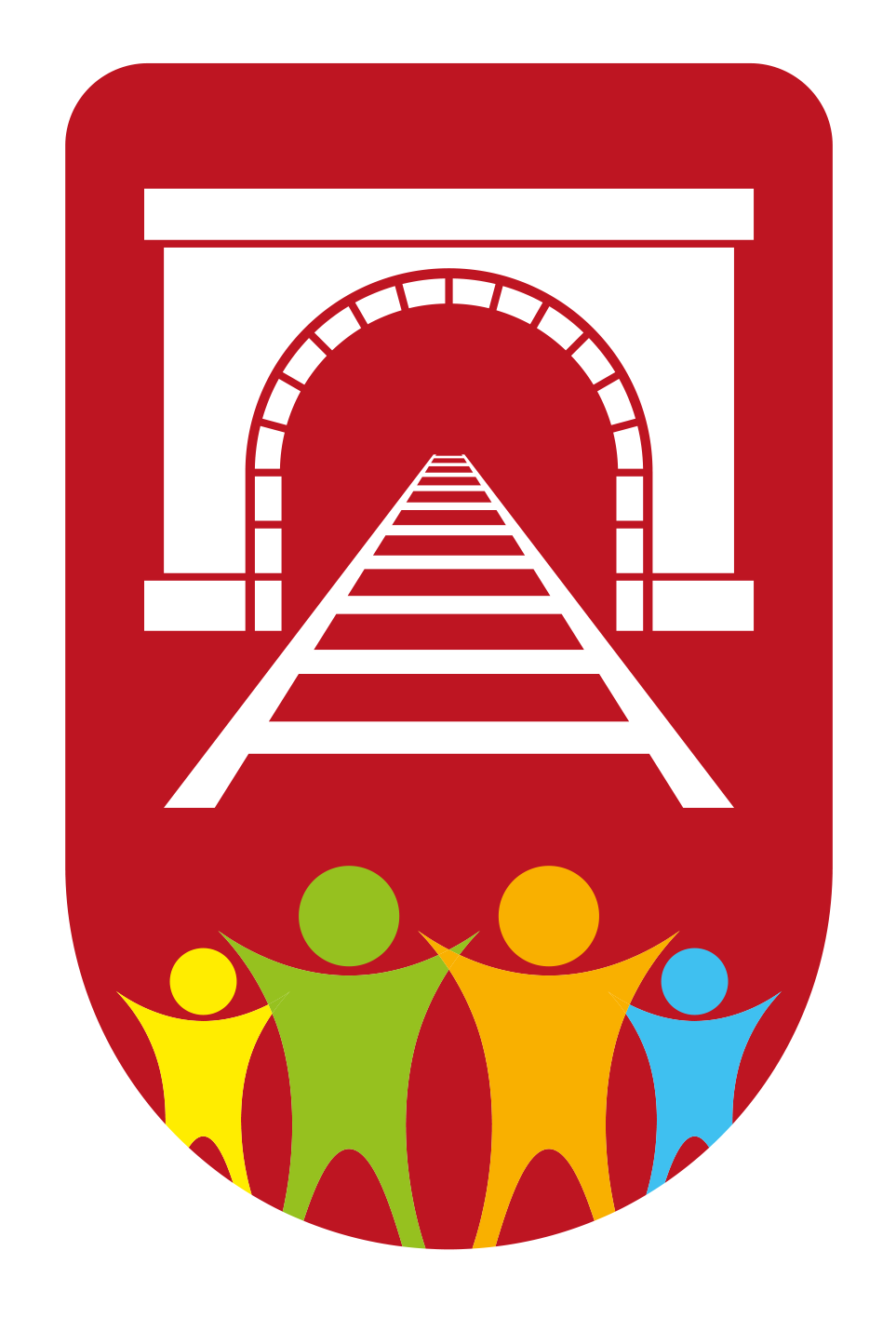Geography
Intent
Why is Geography important at Kilsby?
At Kilsby, we focus on developing the whole child, and support the children to ‘live life in all its fullness’ (John 10:10).
Geography helps us to make sense of the world around us, better understand the places we live in, learn about and visit, why they matter and how they are connected to a globalised world. These link with our Christian core values of care, equality and respect.
Through geography, we encounter different societies and cultures and learn to appreciate the incredible diversity of landscapes and peoples. These link with our Christian core values of cooperation, equality and forgiveness.
In geography, we face questions of what it means to live sustainably in an interdependent world and learn to value and care for the planet and all its inhabitants, which interweaves with our school vision that underpins all at Kilsby to make our pupils become caring and responsible individuals.
Implementation
When is Geography taught?
Geography is taught through thematic units.
How is Geography taught?
Geography is taught through a combination of subject knowledge, geographical skills, enquiry and fieldwork. Learning takes place both inside and outside the classroom.
Where do we learn about in Geography?
We learn about the following locations:
Asia
China
Russia
India
Egypt
Africa
Madagascar
South Africa
Benin
South America
Brazil
Peru
North and Central America
Europe
Scotland
Greece
Rome
AustralasiaFiji
Arctic Circle
Local Geography
What do we learn about in Geography?
We learn about:
- Landscapes
- Human and physical features
- Landmarks
- Physical systems and processes
- Environments
- Settlements
- Biomes
- Climate
- Land use
- Environmental issues
- Sustainability
How do we assess and monitor Geography?
Geography is a subject that can be assessed through a wide variety of mediums, which changes dependent on the subject. Students go on a journey, which begins with EYFS, formatively tracking discussion based upon the EYFS skills ladder. This feeds into the learning voyage through the school to upper KS2, where discussions progress to talking about the effect of diverse locations. Summative assessments will take place systematically with reference to the whole school skill ladder.

